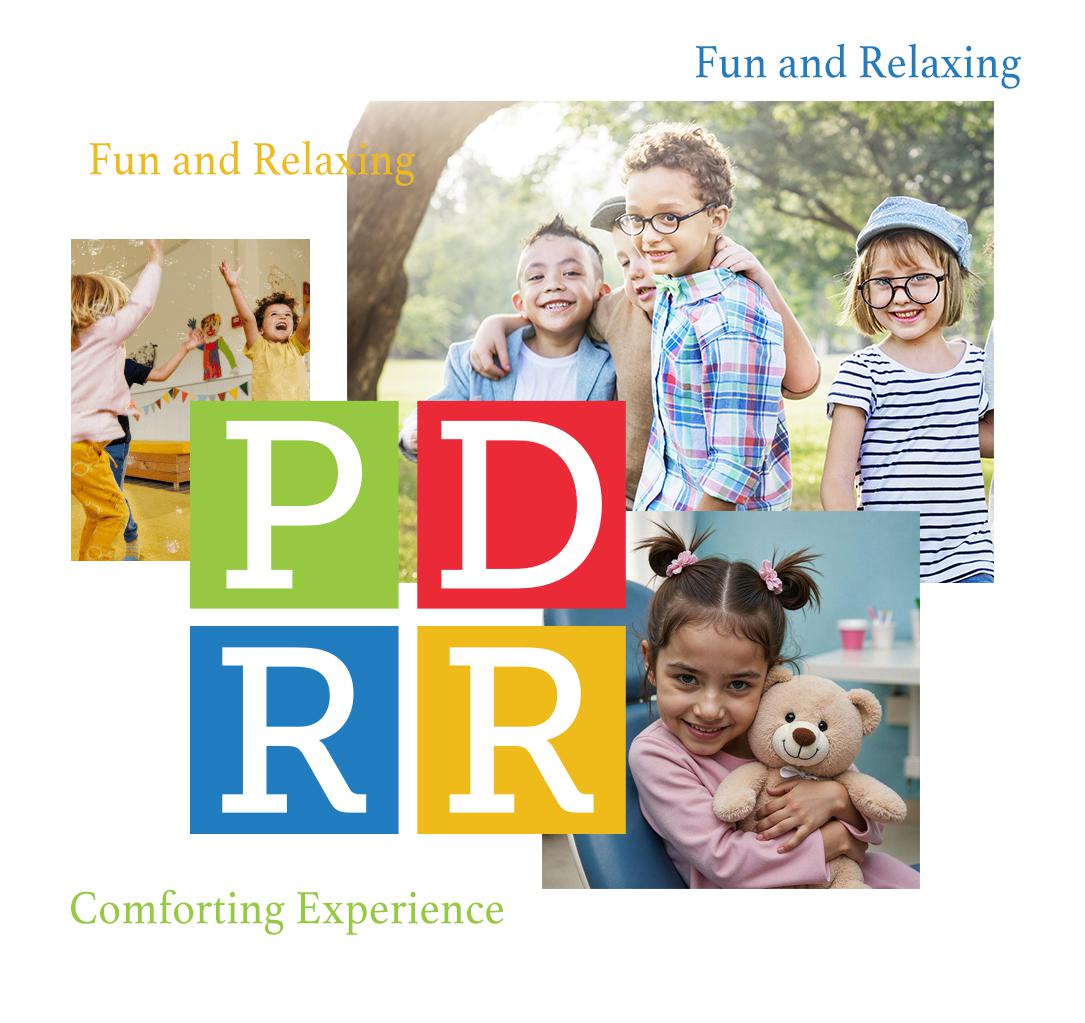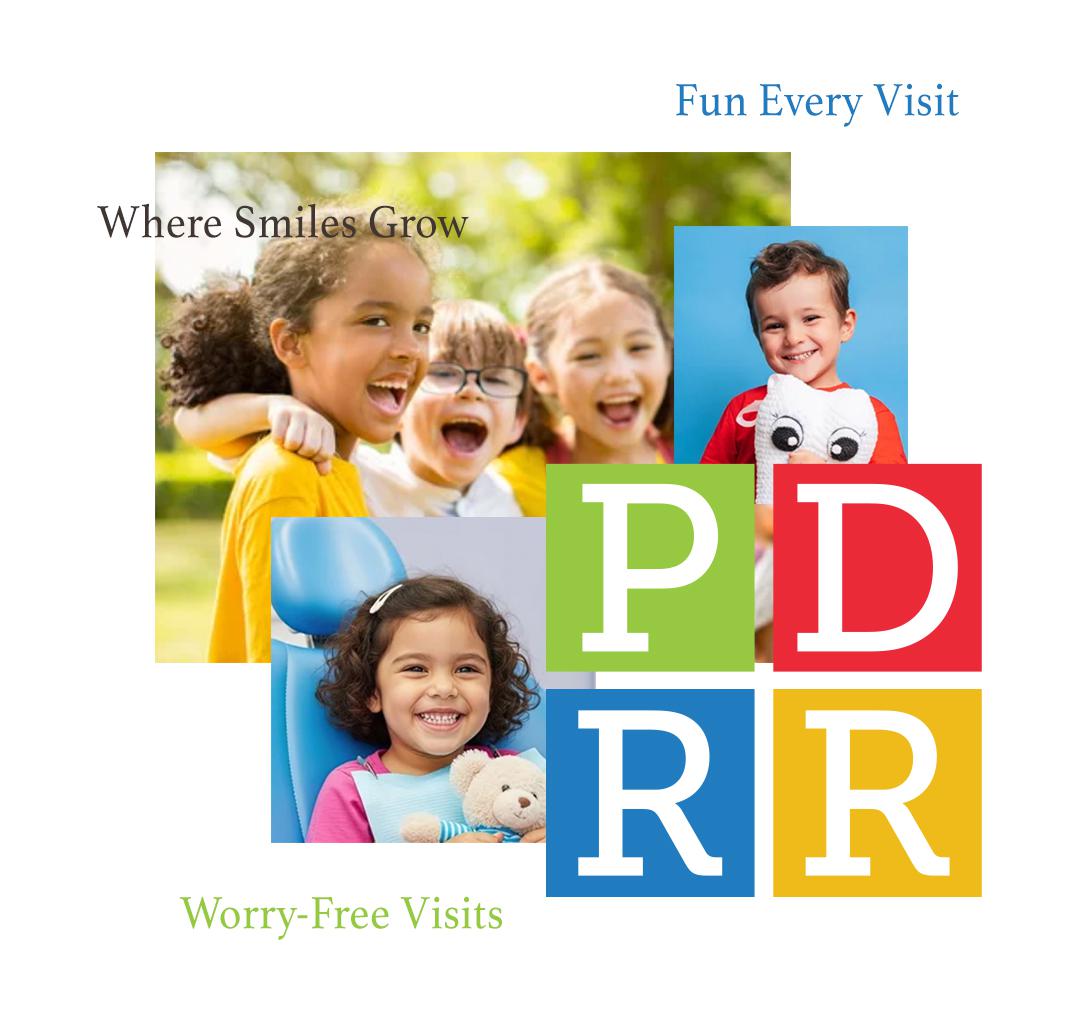Welcome to Pediatric Dentistry of Round Rock
Where Childen learn to love the dentist
Start your child’s healthy smile journey with Pediatric Dentistry of Round Rock, your trusted pediatric denist in Round Rock, TX. Our dedicated team loves helping children achieve bright, healthy smiles—and we understand that great oral health leads to greater confidence, self-esteem, and overall well-being. Our mission is to create positive dental experiences for every child, laying the groundwork for a lifetime of strong teeth and healthy habits. From a child’s very first dental visit, our experienced and highly trained dental professionals are committed to providing comprehensive and compassionate care. We serve infants, children, and teens throughout Round Rock, TX, and the surrounding communities. With advanced pediatric training and a gentle, patient-centered approach, our specialists are experts in preventive dentistry, oral hygiene education, and specialized treatments tailored to each patient’s needs.
Pediatric Dentistry of Round Rock is committed to the highest standards of safety, comfort, and clinical excellence. Our pediatric dentist and staff participate in ongoing education to stay current with the latest research and innovations in pediatric oral health. As a recognized authority in children’s dental care in Round Rock, TX, we build strong, lasting relationships with our families by providing honest recommendations, clear communication, and compassionate treatment.
Choosing Pediatric Dentistry of Round Rock means partnering with a team that genuinely cares about your child’s health and happiness. Experience the difference our expertise and commitment make—schedule your visit today and give your child the foundation for a lifetime of healthy smiles.








